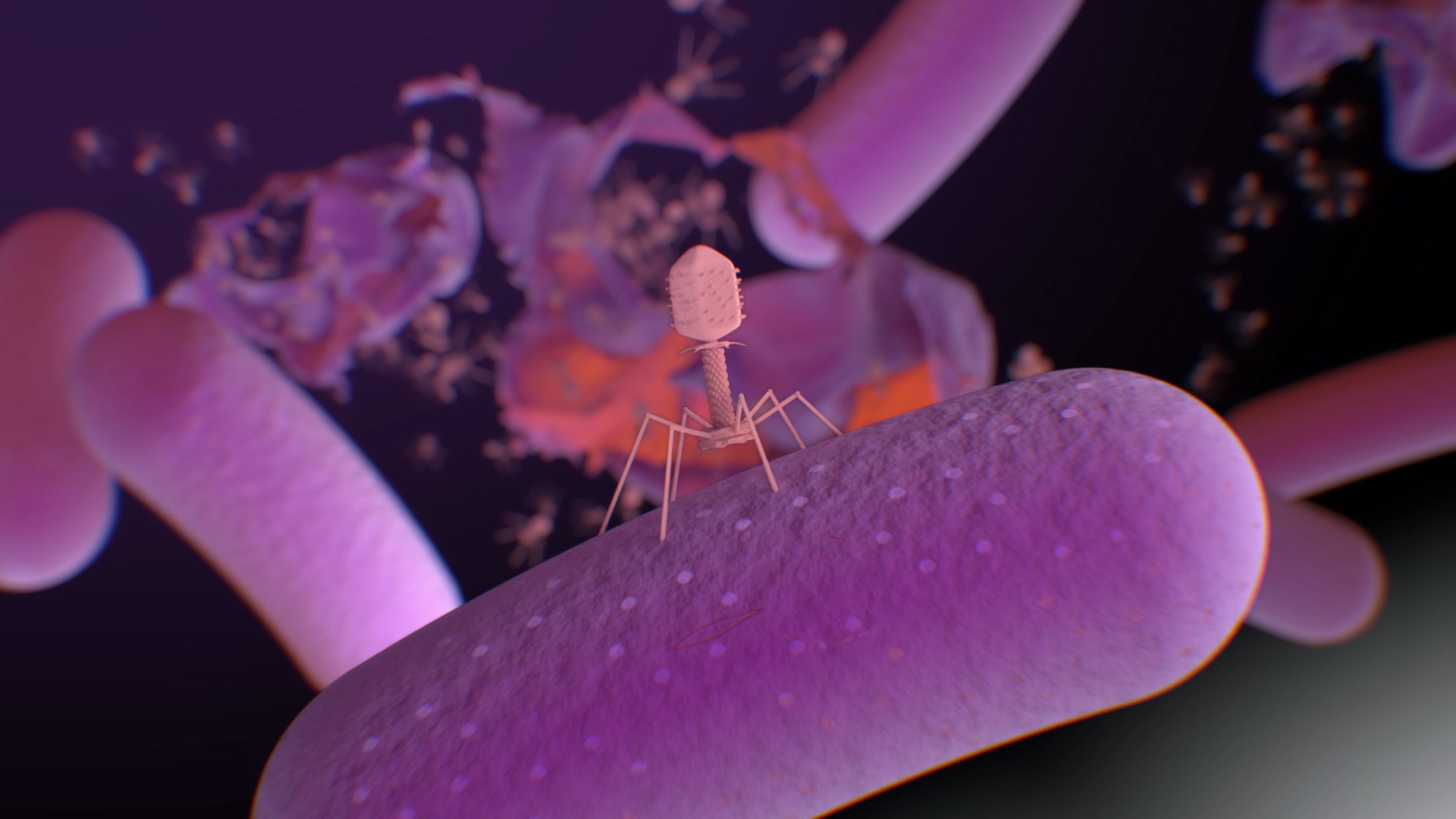Search
Showing results for "8"
Research
Caregiver-mediated interventions to support self-regulation among infants and young children (0-5 years): A protocol for a realist reviewSelf-regulation is a modifiable protective factor for lifespan mental and physical health outcomes. Early caregiver-mediated interventions to promote infant and child regulatory outcomes prevent long-term developmental, emotional and behavioural difficulties and improve outcomes such as school readiness, educational achievement and economic success. To harness the population health promise of these programmes, there is a need for more nuanced understanding of the impact of these interventions.
Research
The contributions of fetal growth restriction and gestational age to developmental outcomes at 12 months of age: A cohort studyDevelopmental assessment of infants with fetal growth restriction was mostly comparable to those born without fetal growth restriction at 12 months
Research
Maternal life events during pregnancy and offspring language ability in middle childhoodThere is accumulating evidence for a link between maternal stress during pregnancy and later behavioural and emotional problems in children.

Phage WA have a number of projects underway and these cover a broad range of phage research areas.
Research
Supporting parents with young children to create healthy screen time behavioursScreen time is an increasing challenge faced by parents across Australia.
The Australian Rett Syndrome Study is based at The Kids Research Institute Australia located in Subiaco, Western Australia. This study was established in 1993.

News & Events
The First 1,000 DaysThis article explores how to support a child's physical and mental health during critical developmental periods, known as the first 1,000 days of life.
Research
A Systematic Framework for Prioritizing Burden of Disease Data Required for Vaccine Development and Implementation: The Case for Group A Streptococcal DiseasesVaccine development and implementation decisions need to be guided by accurate and robust burden of disease data. We developed an innovative systematic framework outlining the properties of such data that are needed to advance vaccine development and evaluation, and prioritize research and surveillance activities.
Research
Acceptability of OP/Na swabbing for SARS-CoV-2: a prospective observational cohort surveillance study in Western Australian schoolsWhen the COVID-19 pandemic was declared, Governments responded with lockdown and isolation measures to combat viral spread, including the closure of many schools. More than a year later, widespread screening for SARS-CoV-2 is critical to allow schools and other institutions to remain open.
Research
Hearing loss in Australian First Nations children at 6-monthly assessments from age 12 to 36 months: Secondary outcomes from randomised controlled trials of novel pneumococcal conjugate vaccine schedulesIn Australian remote communities, First Nations children with otitis media (OM)-related hearing loss are disproportionately at risk of developmental delay and poor school performance, compared to those with normal hearing. Our objective was to compare OM-related hearing loss in children randomised to one of 2 pneumococcal conjugate vaccine (PCV) formulations.
